Coronavirus' looming psychological crisis
On the coming epidemic of despair

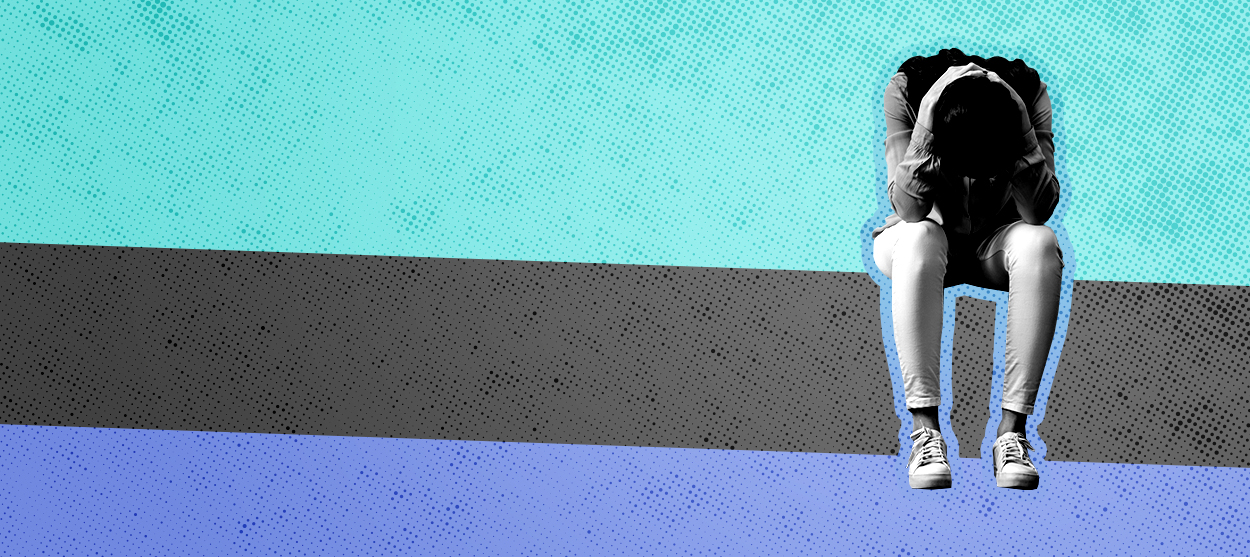
A free daily email with the biggest news stories of the day – and the best features from TheWeek.com
You are now subscribed
Your newsletter sign-up was successful
In response to the swiftly escalating COVID-19 epidemic, whole countries are shutting down bars, restaurants, sports leagues, schools, theaters, and any other public place where people gather to share the essential joys of life. Citizens are being asked to shut themselves in, to limit their contact with others, and only to go out for necessities. More travel restrictions are coming. In the United States this is happening haphazardly, but these measures will eventually reach all 50 states as the seriousness of the catastrophe finally dawns on even the most reticent governors.
We are now performing an audacious and synchronous experiment on ourselves: How much isolation can the human psyche bear?
This is hardly the first crisis of this magnitude that societies have had to muddle through, and in terms of the ultimate body count, even worst case scenarios suggest that it won't be the bloodiest. But in wartime, at least the denizens of ruined, besieged countries had each other. During the German aerial bombing of the United Kingdom during World War II, which eventually killed more than 60,000 civilians and forced harsh rationing of food, clothing, and other everyday necessities, people could still gather together for dinner parties and dancing and drinking. During raids many could share the experience of sheltering together underground. Despite the horrifying nightly carnage, they were not fully cut off from their friends and extended families at all times.
The Week
Escape your echo chamber. Get the facts behind the news, plus analysis from multiple perspectives.

Sign up for The Week's Free Newsletters
From our morning news briefing to a weekly Good News Newsletter, get the best of The Week delivered directly to your inbox.
From our morning news briefing to a weekly Good News Newsletter, get the best of The Week delivered directly to your inbox.
In the battle against the novel coronavirus, we have no such luxury. An iron curtain has descended across the threshold of every house and apartment as the war rages on in ERs and ICUs. Not only are most people cut off from one another, but there's also very little they can do to help on the front lines.
If you're like me, you've spent the past week alternating between voraciously gobbling up every available piece of news about efforts to contain the spread of the virus, and descending into sudden and difficult-to-control bouts of panic, dread, and despair, all while trying to figure out how to care for a 1-year-old while working remotely full time. We're just one week into this nightmare, and I can only speak for myself, but let's just say that strategic reserves of resilience, patience, and hope are already being strained.
Worse, ominous reports are being shared with the public suggesting that the COVID-19 crisis could last as long as 18 months, with several flareups and, presumably, either an indefinite lockdown or the prospect of multiple, non-consecutive periods of enforced isolation. The necessary social solidarity will be even harder to sustain since the virus mostly spares the young and the healthy, who will be asked to put their lives on hold to save strangers they will never meet.
However long our lockdown lasts, we need to start asking some urgent questions about how people are going to cope. We don't know much of anything about the effects of cutting millions of people off at once from their friends, family, neighbors, daily routines, and leisure activities.
A free daily email with the biggest news stories of the day – and the best features from TheWeek.com
But we certainly have reams of evidence of what happens to prisoners who undergo the cruel practice of solitary confinement in the United States. Prisoners subjected to this kind of abuse quickly experience a wide range of physiological problems, including weight loss, digestive disorders, and insomnia, as well as psychological effects like panic attacks, severe depression, and thoughts of self-harm and suicide. There's a reason why many observers consider solitary confinement to be a violation of basic human rights.
Of course, we aren't in solitary, deprived of nearly all stimuli for 23 hours a day. Most people (though of course not all) have access to wifi and can video chat with friends and family. Only a small percentage of the population is literally trapped in an apartment or house completely alone. But there are limitations to the benefits of technology, and we should be especially worried about folks who already lacked resources and social networks before the pandemic, or who had pre-existing crises and health problems to deal with.
The best way to understand what might happen to us under prolonged lockdowns might come from the study of loneliness and social disconnectedness. According to a 2009 study by Erin Cornwell and Linda Waite, social isolation involves "a small social network with only few relationships, a lack of social interaction, or contacts and a lack of participation in social activities." And despite the possibility of phone calls with our extended networks, this is more or less the position that we all suddenly find ourselves in. Our tangible social universes have instantly been miniaturized. The only out-of-the-home activities available to most of us are to go out for walks and runs and at best converse with others at a safe distance.
There is a large body of evidence which suggests that the factors which now govern all of our lives lead to negative outcomes for physical and mental health. One recent study by health researcher Oliver Hämmig of socially isolated people in Switzerland, for example, found that "social isolation is not only detrimental to general, mental, and cardiovascular health but also to musculoskeletal health." These effects are the worst for older people, but were found in all age groups. For example, 48 percent of the most socially isolated children and adolescents in the study were found to have depressive disorders. Overall, socially isolated individuals were seven times as likely as the fully integrated to experience poor health outcomes. Another large 2015 study found that social isolation, loneliness, and even living alone are all associated with substantially increased all-cause mortality.
The indisputable health costs of isolation should force us to ask some difficult questions. How long can social distancing be maintained before the toll becomes unbearable for many? What structures can and will be put into place to help individuals through the inevitable mental health crisis that will accompany prolonged isolation? Is there a point at which the damage to society outweighs whatever benefits to overwhelmed health care systems can be realized with these policies? To be clear: I am not questioning whether these measures are necessary today, or whether they will save lives. Clearly they will, and we have no choice but to shoulder the burden, not just to save the vulnerable but also to protect the health and sanity of frontline doctors, nurses, and hospital staff, to say nothing of unsung heroes like grocery store clerks and delivery drivers.
But leaders need to reassure the public that they will not be locked down indefinitely and certainly not for 18 months — a prospect that I doubt any society could truly bear. Other countries including South Korea and Japan have rolled out effective containment techniques that have so far avoided the most draconian containment policies now being bandied about in the United States. Federal and state governments need to learn from these successes and ramp up testing and monitoring capacity — not just to prevent exponential spread of the virus, but to offer at least a glimmer of hope to citizens that this thing has an end.
If a surge is now baked in, we need to perform a WWII-style mobilization to build new hospitals, produce new equipment, and train staff, which are efforts that at least some people paralyzed with dread could actually participate in. Those who survive infection can be deployed to keep supply chains alive and provide food and basic necessities to those living under shelter-in-place rules. And leaders should put their heads together and come up with something — anything — for the rest of us to do besides playing the 700th game of hide-and-seek with our kids. All of these measures, additionally, could help reduce aggregate loneliness and isolation until vaccines and effective treatments are discovered and scaled up.
What won't work is for governments to let these dystopian scenarios of an 18-month-long shutdown of normal life float out there without any kind of pushback. Hope might not be able to cure loneliness, but it certainly can't hurt.
Want more essential commentary and analysis like this delivered straight to your inbox? Sign up for The Week's "Today's best articles" newsletter here.
David Faris is a professor of political science at Roosevelt University and the author of "It's Time to Fight Dirty: How Democrats Can Build a Lasting Majority in American Politics." He's a frequent contributor to Newsweek and Slate, and his work has appeared in The Washington Post, The New Republic and The Nation, among others.
-
 Local elections 2026: where are they and who is expected to win?
Local elections 2026: where are they and who is expected to win?The Explainer Labour is braced for heavy losses and U-turn on postponing some council elections hasn’t helped the party’s prospects
-
 6 of the world’s most accessible destinations
6 of the world’s most accessible destinationsThe Week Recommends Experience all of Berlin, Singapore and Sydney
-
 How the FCC’s ‘equal time’ rule works
How the FCC’s ‘equal time’ rule worksIn the Spotlight The law is at the heart of the Colbert-CBS conflict
-
 Why some people remember dreams and others don't
Why some people remember dreams and others don'tUnder The Radar Age, attitude and weather all play a part in dream recall
-
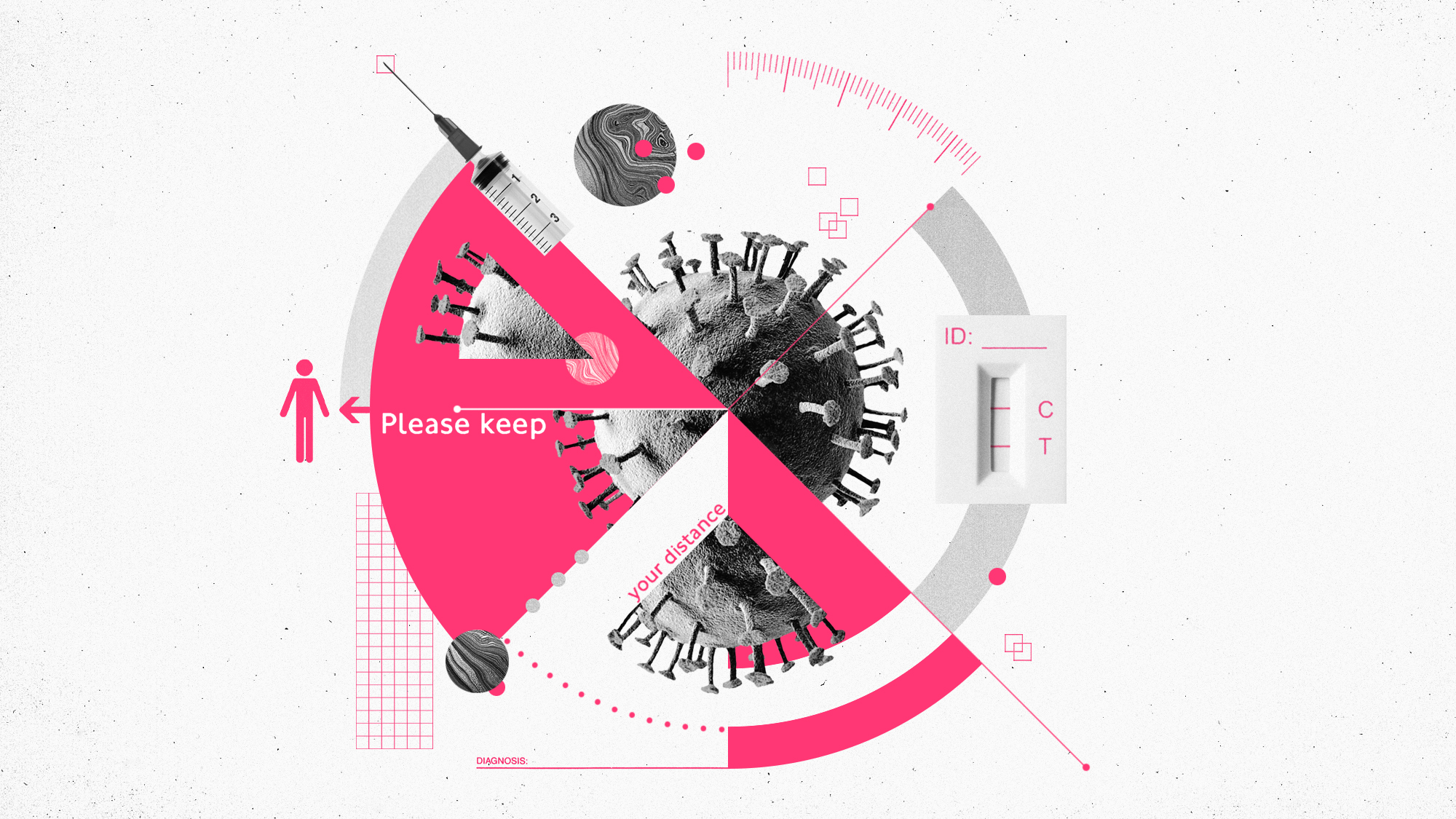 What does Covid look like in 2024?
What does Covid look like in 2024?Today's Big Question Disease experts are calling for closer monitoring as new variant fuels rise in infections
-
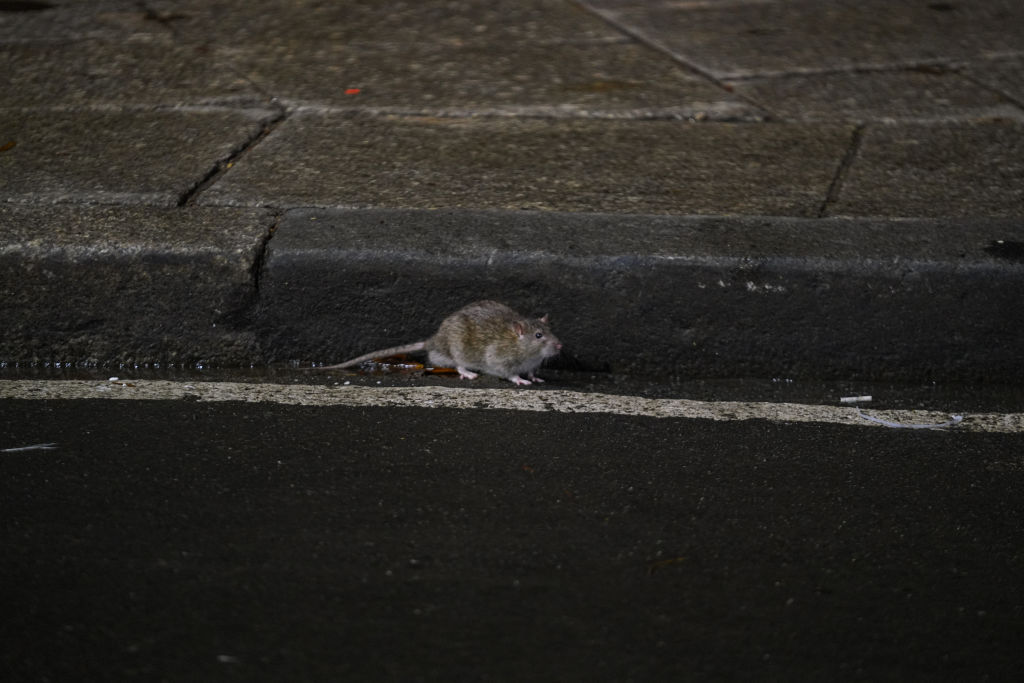 Even New York City rats can get COVID, study finds
Even New York City rats can get COVID, study findsSpeed Read
-
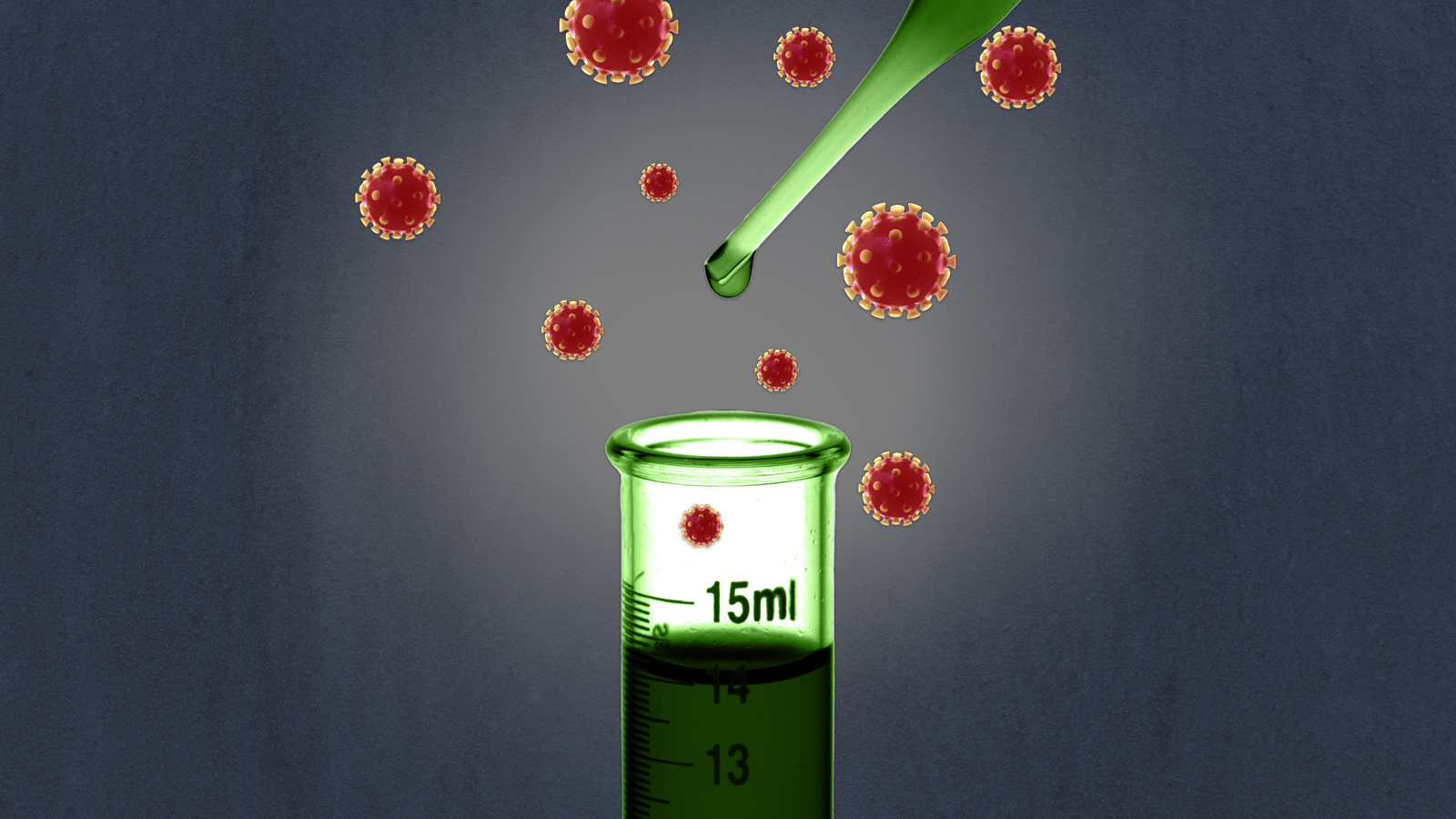 COVID 'lab leak' theory: Does the DOE's assessment hold water?
COVID 'lab leak' theory: Does the DOE's assessment hold water?Instant Opinion The sharpest opinions on the debate from around the web
-
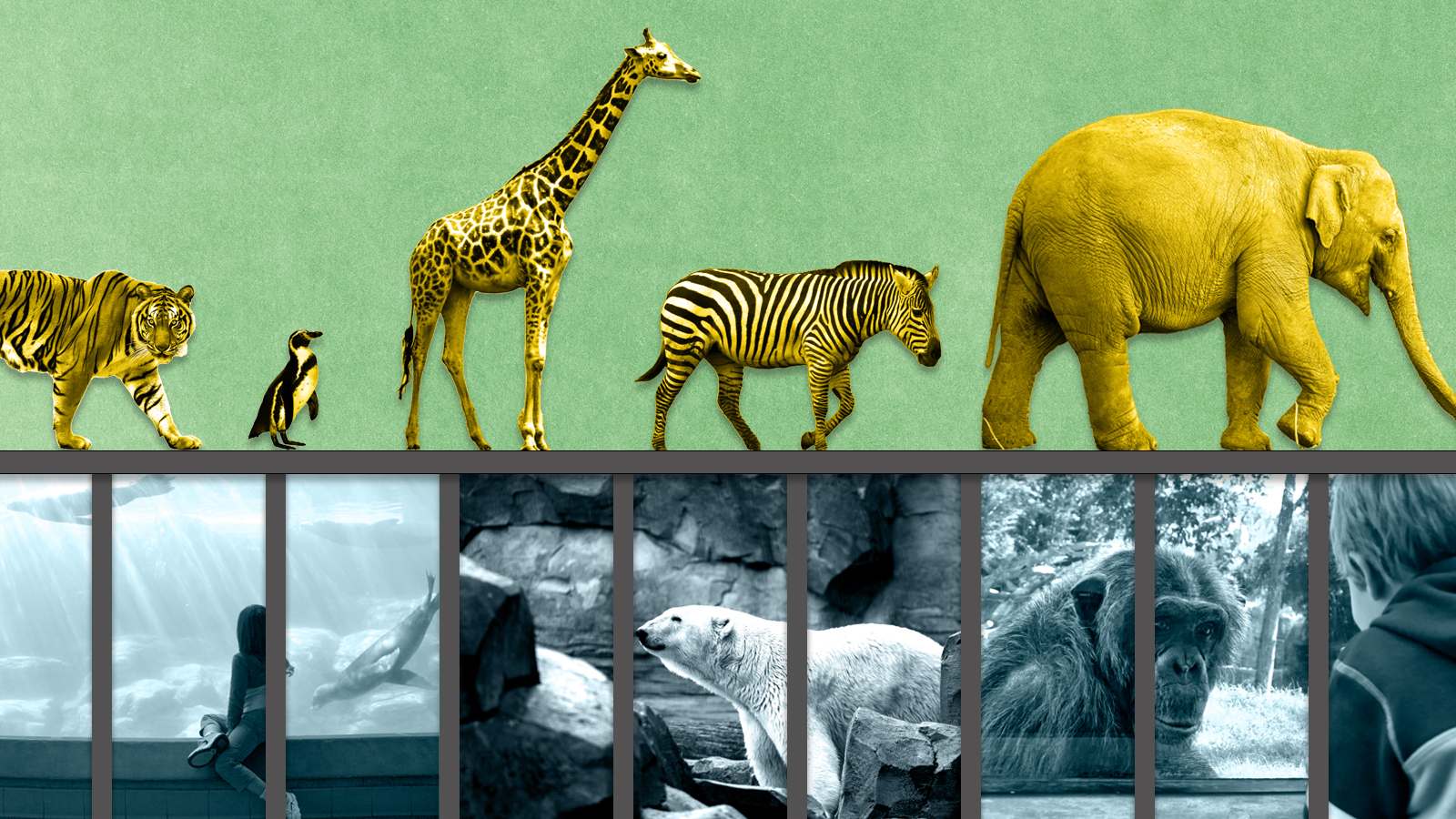 Are zoos ethical?
Are zoos ethical?The Explainer Examining the pros and cons of supporting these controversial institutions
-
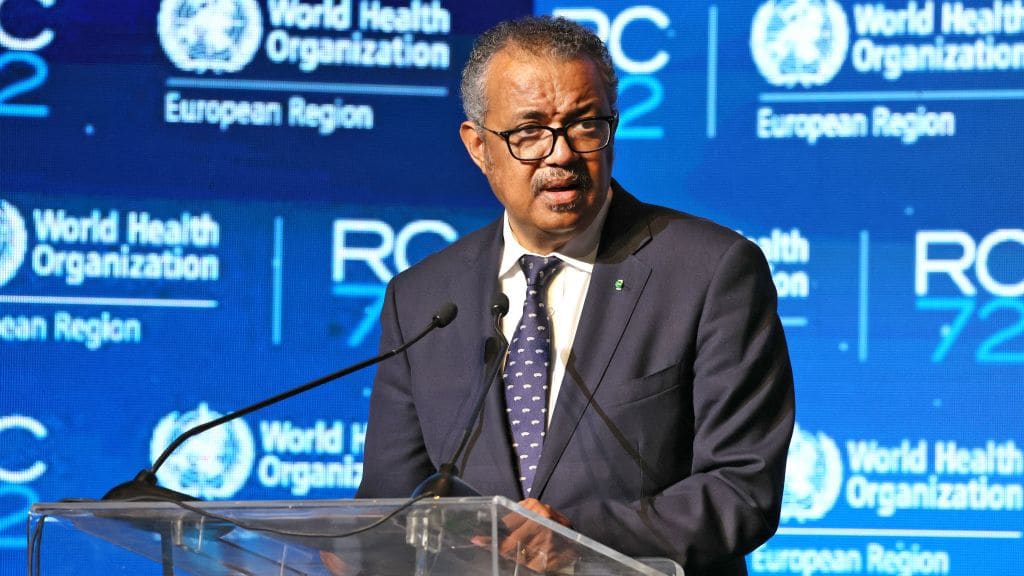 WHO chief says COVID's end is 'in sight'
WHO chief says COVID's end is 'in sight'Speed Read
-
 COVID elevates risk of neurological issues, study suggests
COVID elevates risk of neurological issues, study suggestsSpeed Read
-
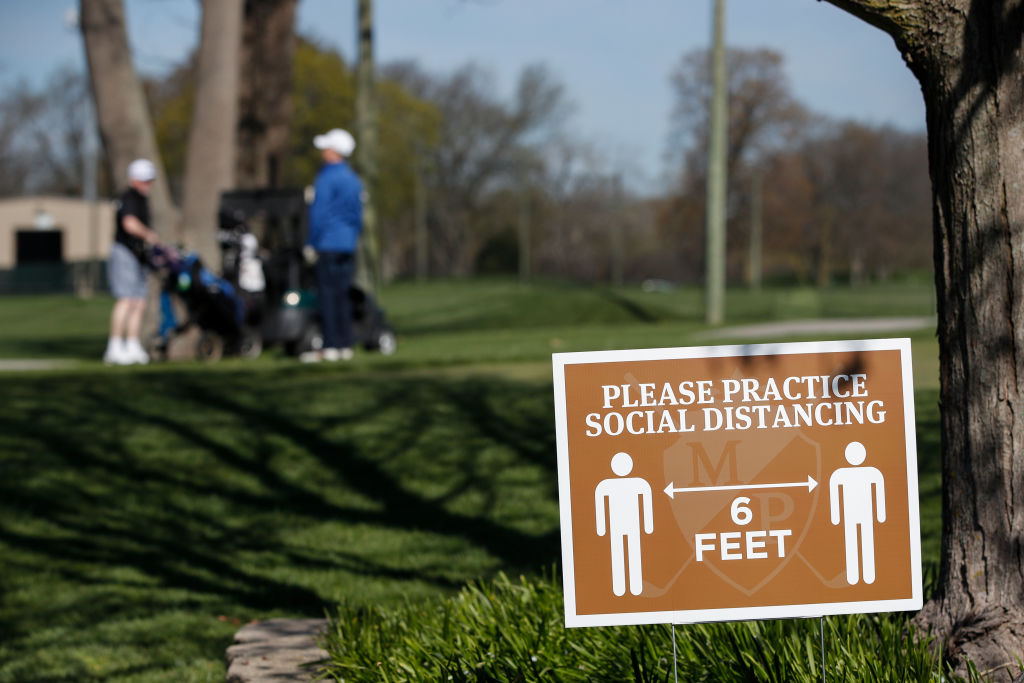 CDC relaxes COVID-19 guidelines on quarantines, social distancing
CDC relaxes COVID-19 guidelines on quarantines, social distancingSpeed Read
